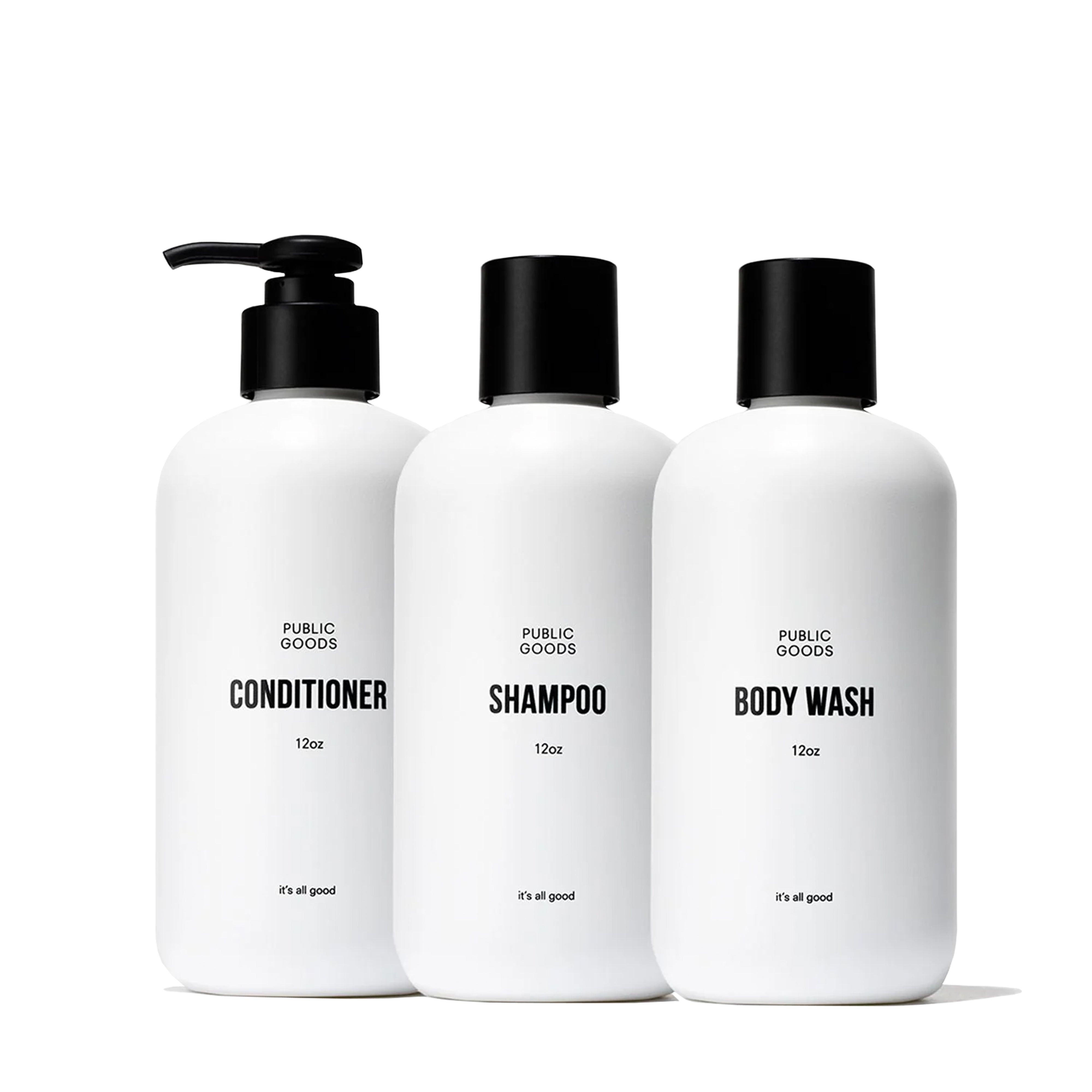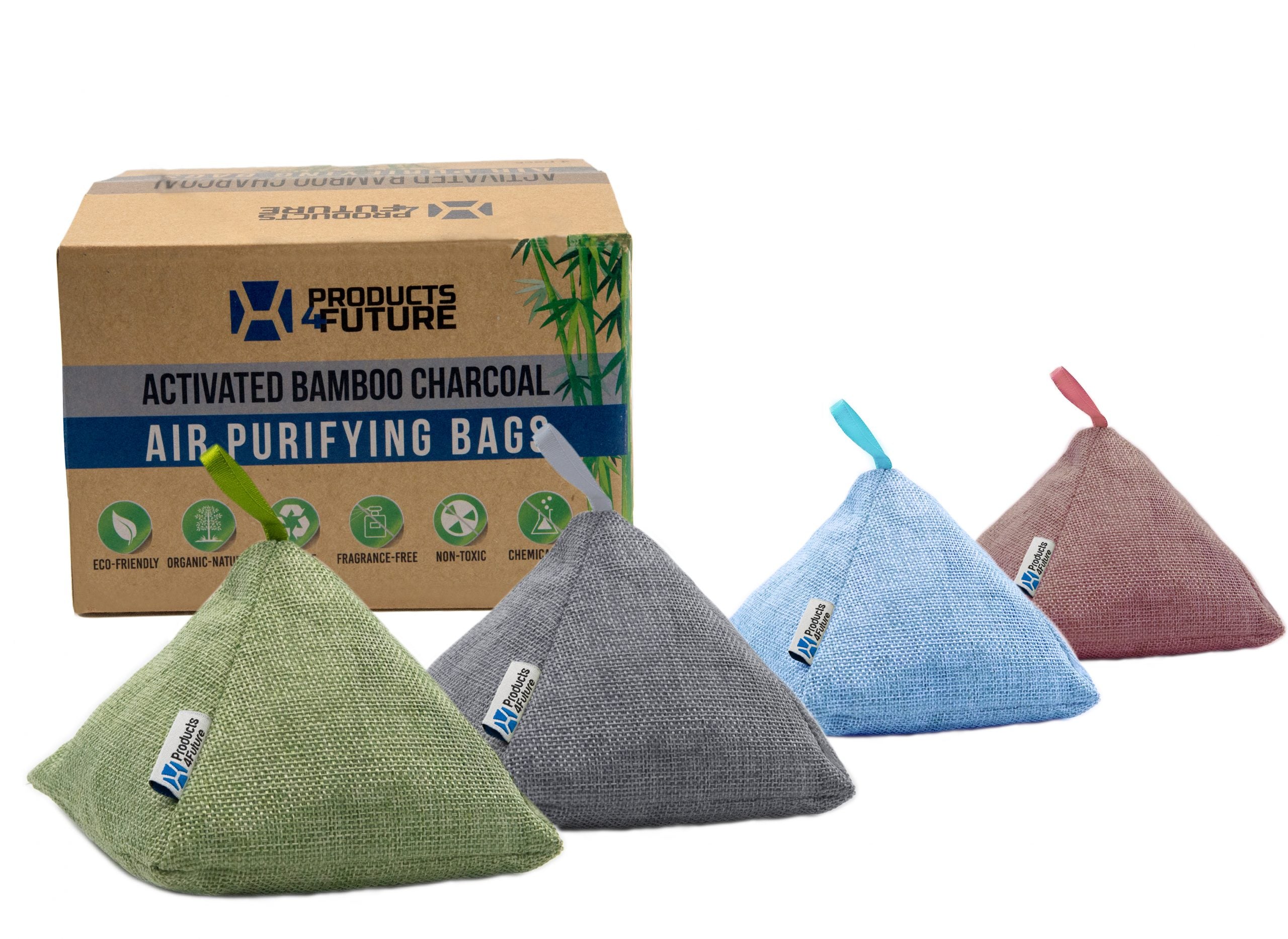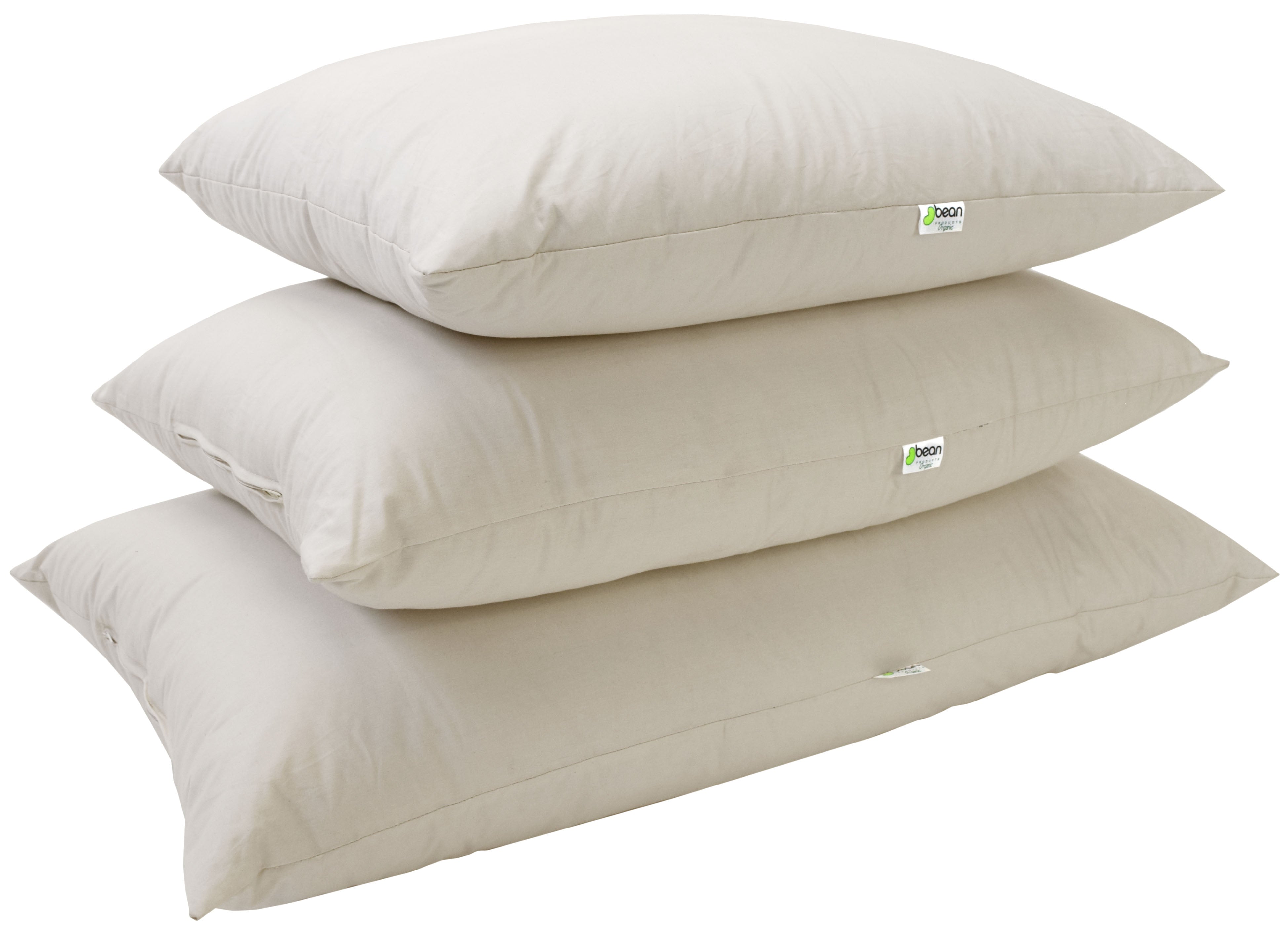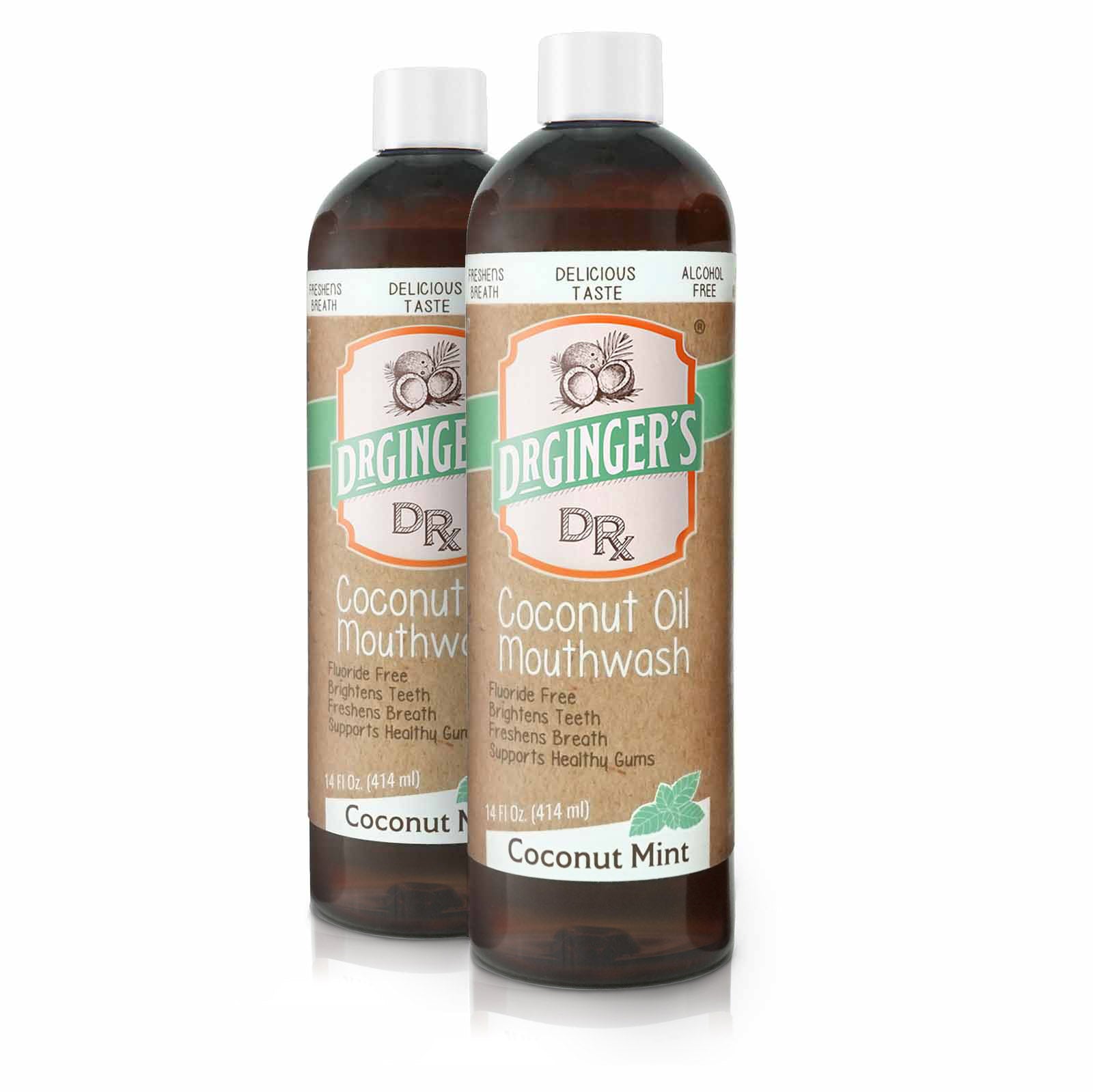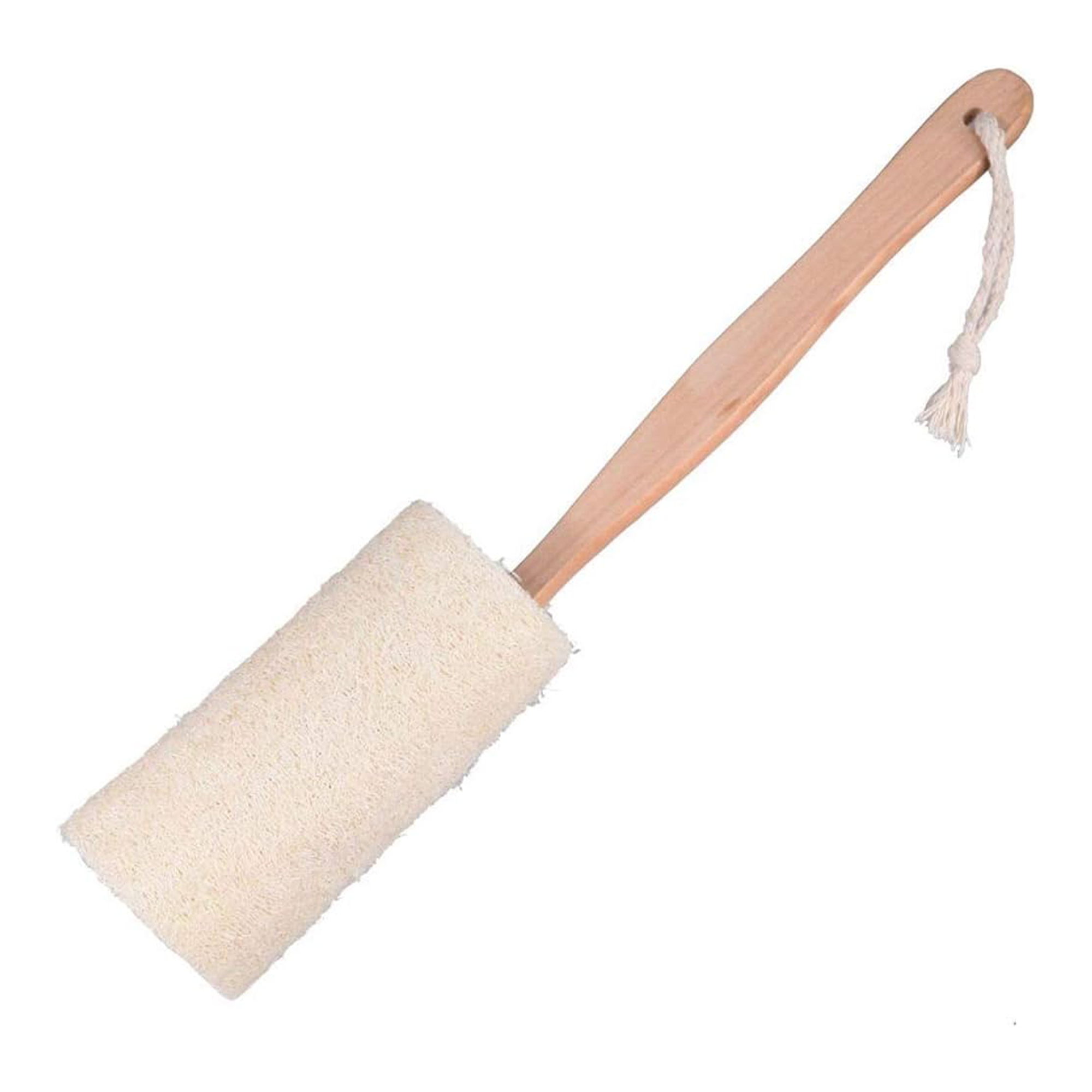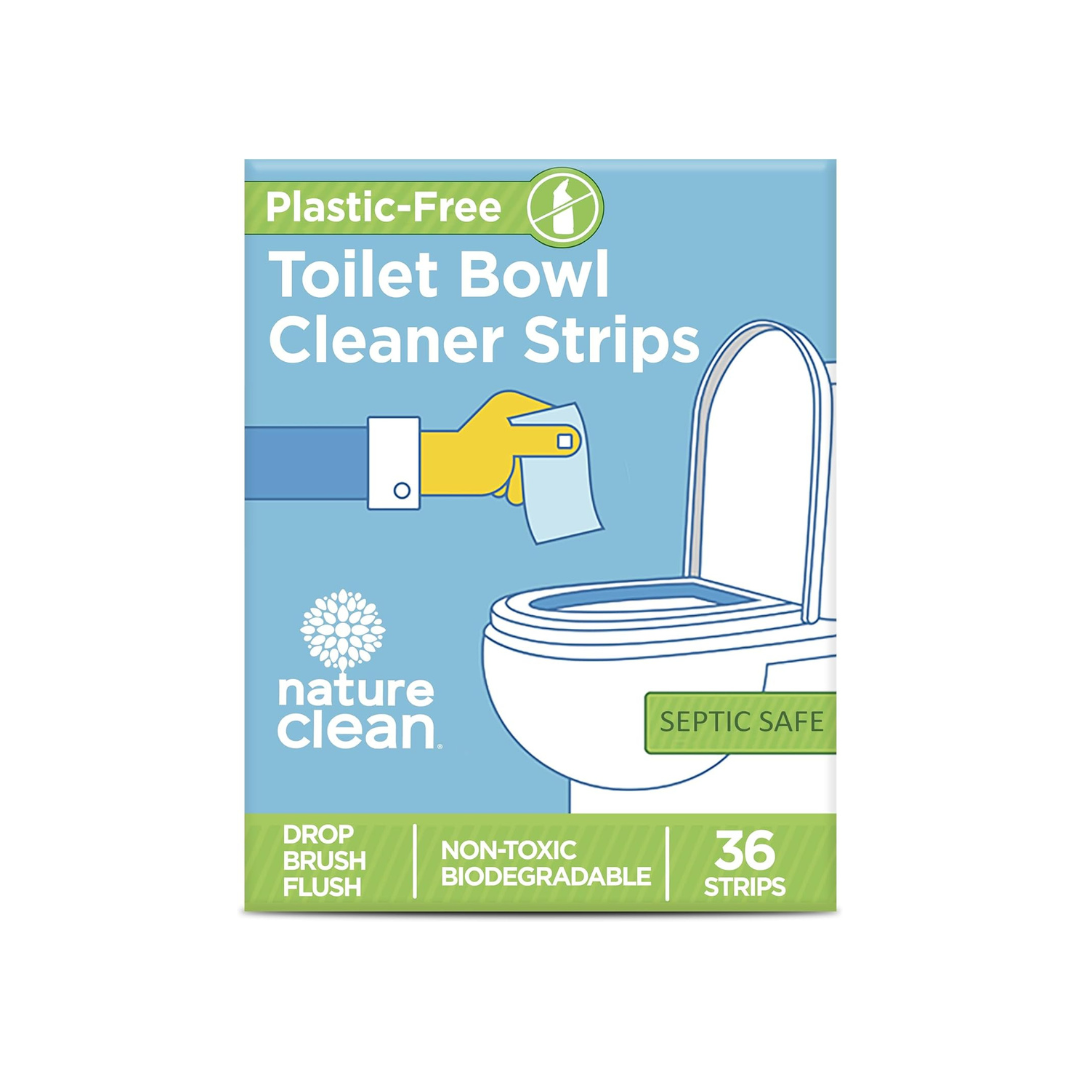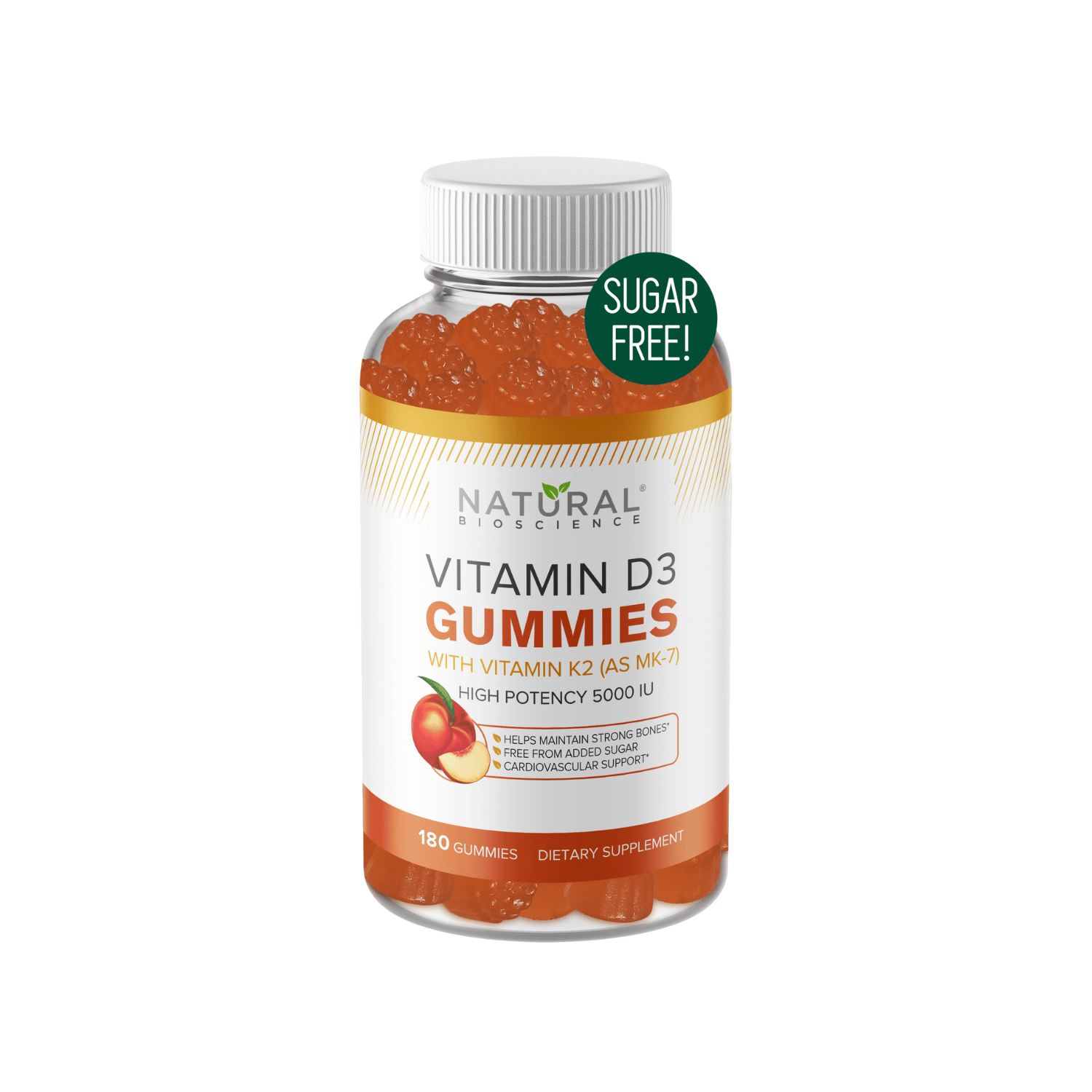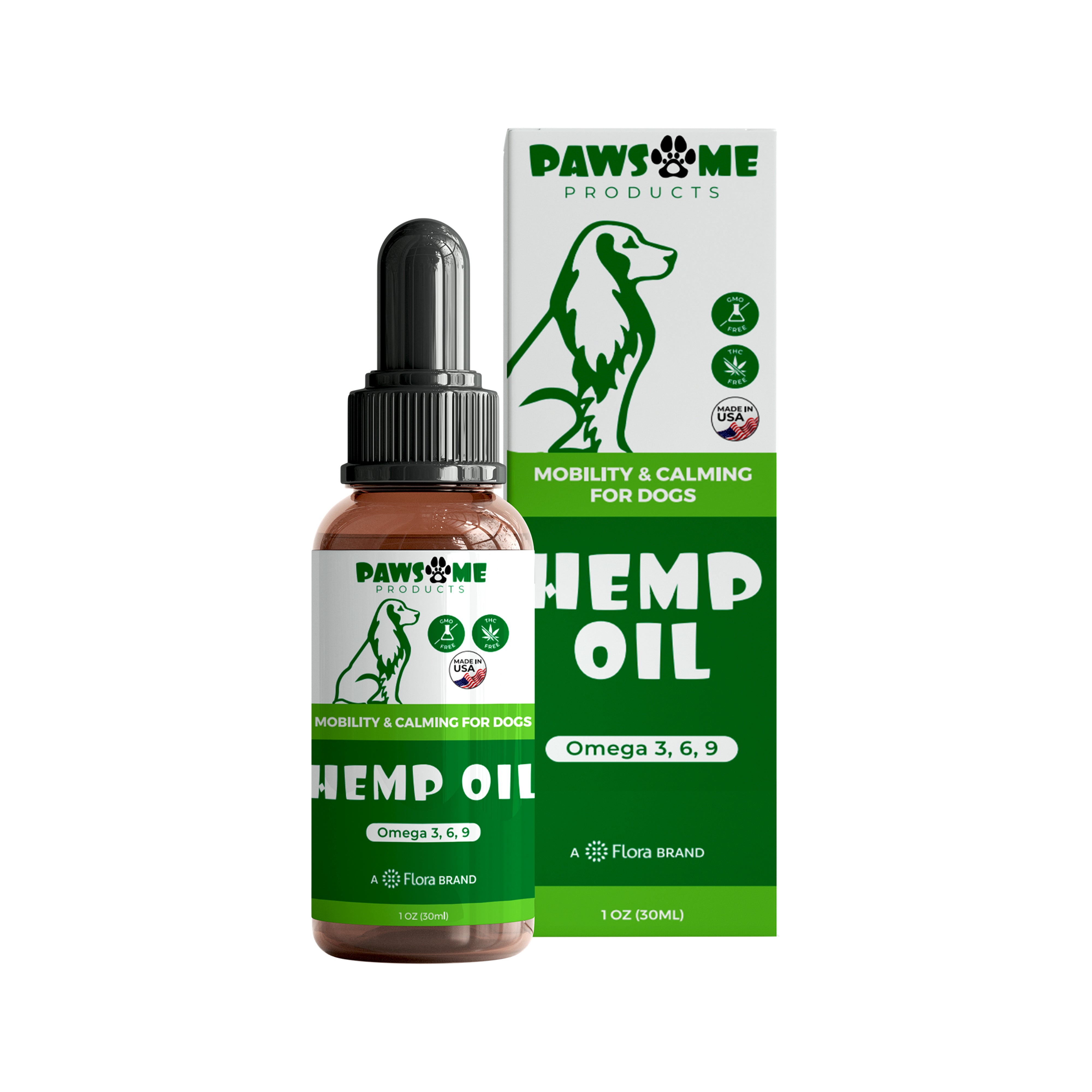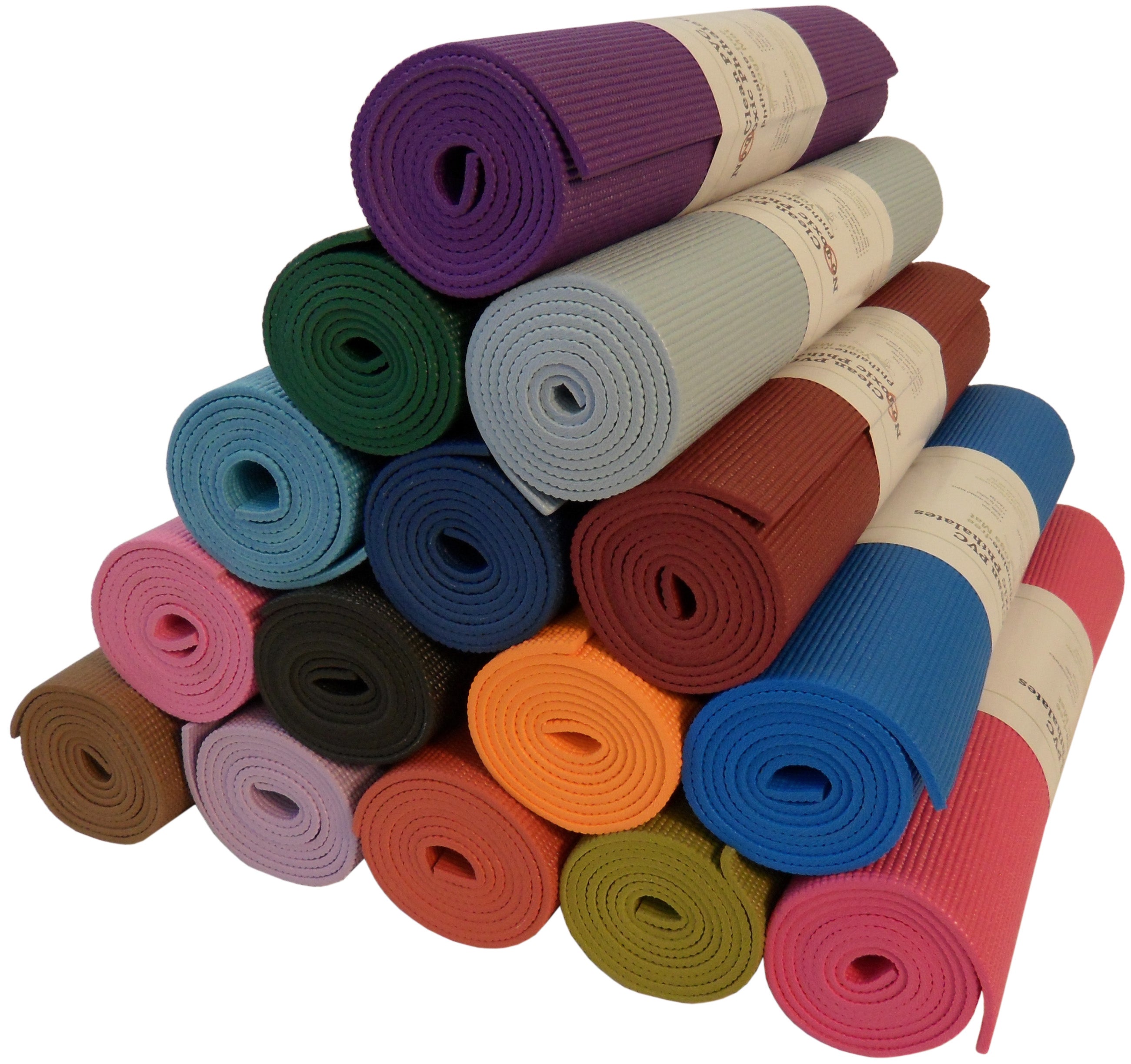Per- and polyfluoroalkyl substances (PFAS) are a group of man-made chemicals that have been used in various industries around the globe since the 1940s. PFAS are highly persistent in the environment and in the human body, meaning they don't break down and can accumulate over time. This has raised significant health concerns:
-
Health concerns: Exposure to PFAS has been linked to several health issues, including cancer, hormone disruption, and immune system effects.
-
Common consumer products: PFAS can be found in products like non-stick cookware, water-repellent clothing, stain-resistant fabrics, and some firefighting foams.
What is PFAS-Free Toilet Paper?
PFAS-free toilet paper refers to toilet paper that is manufactured without the use of PFAS, making it a safer and more eco-friendly option for consumers:
-
Definition: Toilet paper that does not contain any PFAS chemicals.
-
Significance: Opting for PFAS-free products helps reduce exposure to harmful chemicals, thereby promoting a healthier home environment.
Benefits of PFAS-Free Toilet Paper
Choosing PFAS-free toilet paper not only supports personal health but also contributes to wider environmental benefits:
-
Health benefits:
-
Reduced risk of chemical exposure.
-
Promotes a safer living environment, free from toxic chemicals.
-
-
Environmental benefits:
-
Less chemical pollution in water and soil.
-
Supports overall ecosystem health and biodiversity.
-
-
Consumer awareness:
-
Increases demand for safer products.
-
Encourages companies to adopt more responsible manufacturing practices.
-
Learn more about the benefits of eco-friendly living from our blog category on Sustainable Living.
Production Process of PFAS-Free Toilet Paper
The manufacturing process for PFAS-free toilet paper emphasizes sustainability and safety, using eco-friendly materials and processes:
-
Raw materials: Made from sustainable sources like bamboo or recycled paper, which do not require the use of PFAS.
-
Manufacturing process:
-
Utilizes water-based, biodegradable adhesives if needed.
-
Avoids chlorine bleach, opting for oxygen-based whitening agents.
-
-
Certification and regulation:
-
Products are often certified by environmental organizations to ensure they meet stringent safety and environmental standards.
-
For more information on the importance of certifications in eco-friendly products, check out Understanding PFAS on the EPA website.
This section provides a foundational understanding of why PFAS-free toilet paper is a critical choice for health-conscious and environmentally aware consumers, highlighting the benefits and the responsible manufacturing processes behind these products. By choosing PFAS-free, consumers play a part in driving demand for safer, more sustainable products.
Choosing the Right PFAS-Free Toilet Paper
When selecting the right PFAS-free toilet paper, consumers should consider several factors to ensure they are making the best choice for both their personal needs and the environment:
-
Factors to Consider:
-
Softness and quality: Evaluate the texture and comfort. Eco-friendly doesn't have to mean rough or less absorbent.
-
Price comparison and budget considerations: Often, PFAS-free products might come at a premium, but consider the long-term health and environmental savings.
-
Environmental packaging: Look for minimal and recyclable packaging to further reduce environmental impact.
-
-
Top Brands Offering PFAS-Free Toilet Paper:
-
Several market leaders are noted for their commitment to sustainability and health. Brands like Seventh Generation, Who Gives A Crap, and Bambooee offer products that ensure safety without compromising on quality.
-
Impact and Trends in PFAS-Free Consumer Goods
The shift towards PFAS-free products signifies a broader movement towards environmental sustainability and health safety in consumer goods:
-
Broader Environmental and Health Impacts:
-
By choosing PFAS-free, consumers reduce the demand for chemically laden products, decreasing overall chemical release into the environment.
-
Supports public health by reducing communal exposure to harmful substances.
-
-
Future Developments and Innovations in PFAS-Free Manufacturing:
-
Continued advancements in material sciences are expected to enhance the quality and decrease the cost of PFAS-free products.
-
Regulatory changes and increased consumer demand will likely push more companies to adopt PFAS-free practices.
-
-
Consumer Trends:
-
There is a growing trend towards more eco-conscious consumer behavior, with an increasing number of shoppers prioritizing products that are safe for both their families and the planet.
-
Frequently Asked Questions (FAQs)
Here are some quick answers to common queries regarding PFAS-free toilet paper:
-
What does PFAS stand for and why is it harmful?
-
PFAS stands for per- and polyfluoroalkyl substances. They are harmful because they persist in the environment and human body, potentially leading to serious health issues.
-
-
How can consumers identify PFAS-free toilet paper?
-
Look for labels and certifications that indicate a product is free from PFAS. Certifications from environmental organizations can also be a reliable indicator.
-
-
Are there any extra costs associated with PFAS-free toilet paper?
-
Initially, PFAS-free products may cost more due to the sustainable manufacturing processes. However, considering the health and environmental benefits, they offer long-term savings.
-
-
What other common household products might contain PFAS?
-
Products that are water-resistant or stain-resistant, such as some textiles, cookware, and personal care products, often contain PFAS.
-
For more detailed answers and resources, visit the National Institute of Environmental Health Sciences on chemical safety.

